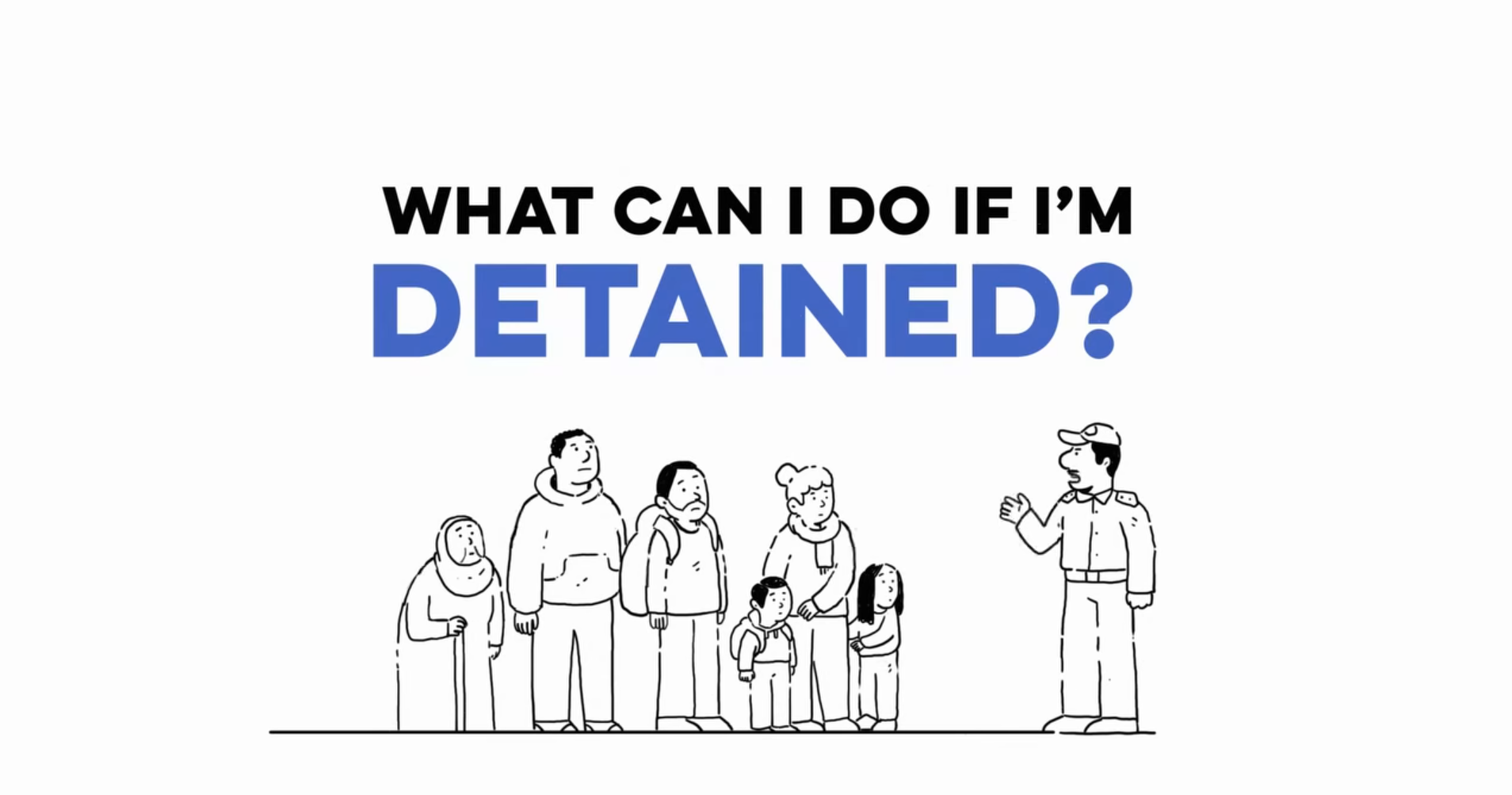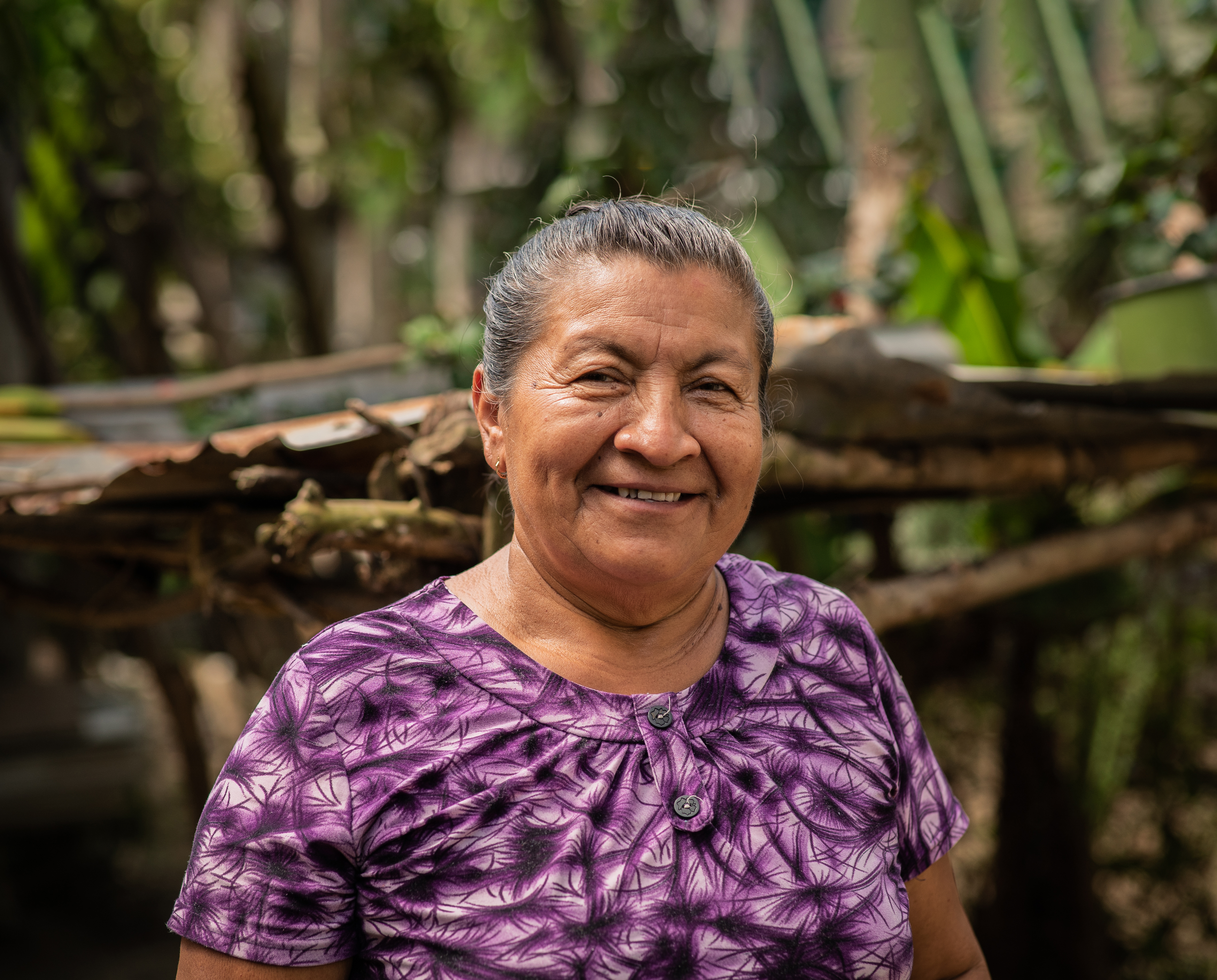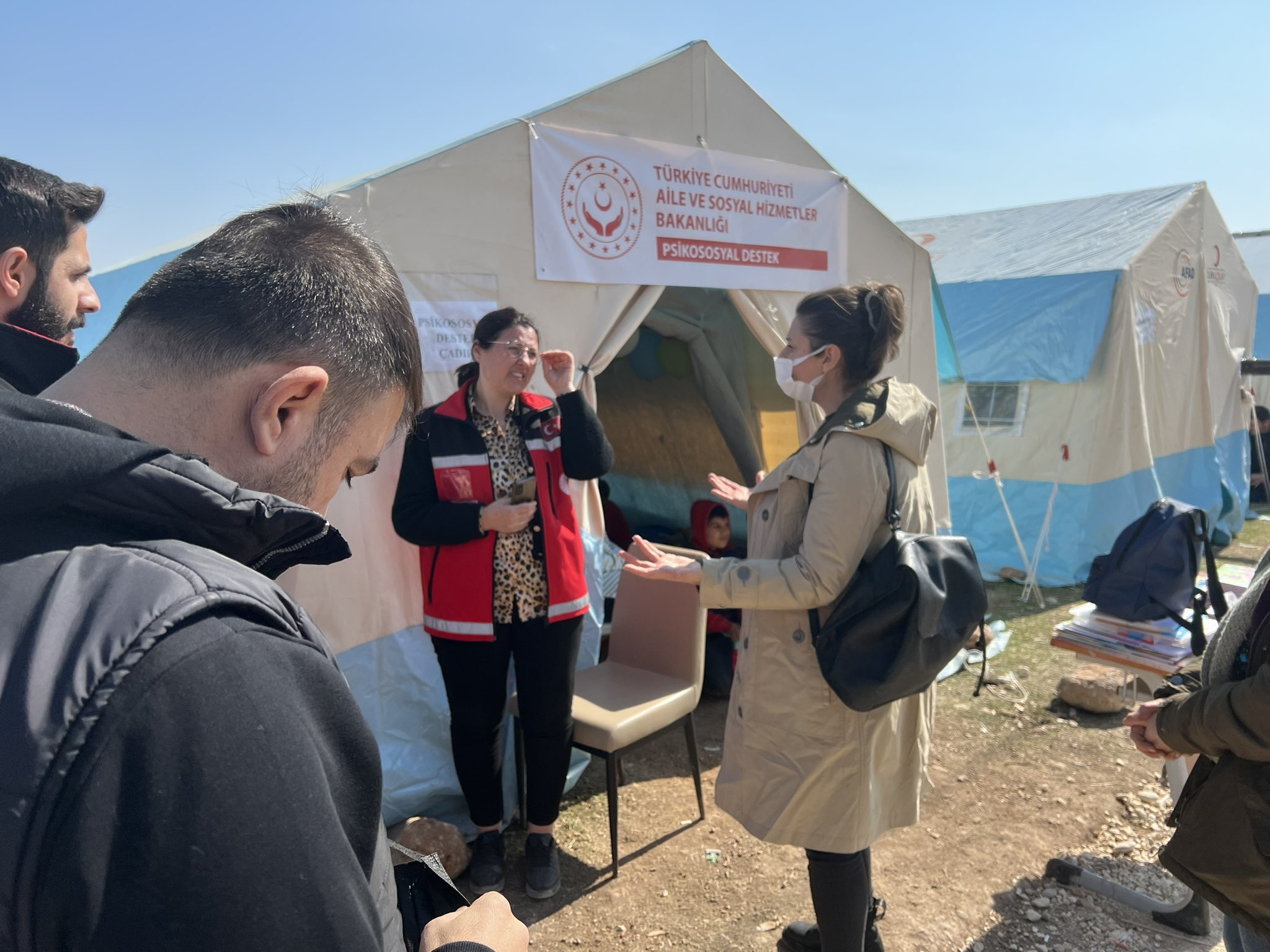Every year, people undertake perilous journeys in search of opportunity and the promise of a better life. Whether through Mexico to the U.S. border, across the Mediterranean to Europe’s shores, or internally throughout Africa, major routes of migration are beset by similar challenges that hinder migrants and migrants’ rights defenders: rising xenophobia, an increase in detention and deportation, and an alarmingly militarized response. When the Guardian reported earlier this year that harsh U.S. border policies had stranded hundreds of African migrants in Mexico, it was a painful reminder that regional solutions aren’t enough for the global realities of modern-day migration.
Caught in the middle, migrant children are one of the world’s most vulnerable populations. Although the data is incomplete, it is estimated that more than 50 million children are migrants and more than half of those are refugees uprooted by violence or persecution and forced to flee their homes. According to UNICEF, between 2005 and 2015, the number of child refugees more than doubled. Youth now account for more than 10 percent of global refugees.
These young people on the move are burdened by unique vulnerabilities and needs, and children often face additional challenges and human rights abuses. And as migration has become increasingly politicized, migrant youth are frequently overlooked by international human rights and humanitarian funders. In the current moment of rising migration, there is urgent need for a comprehensive, child-focused strategy for protecting young people on the move.
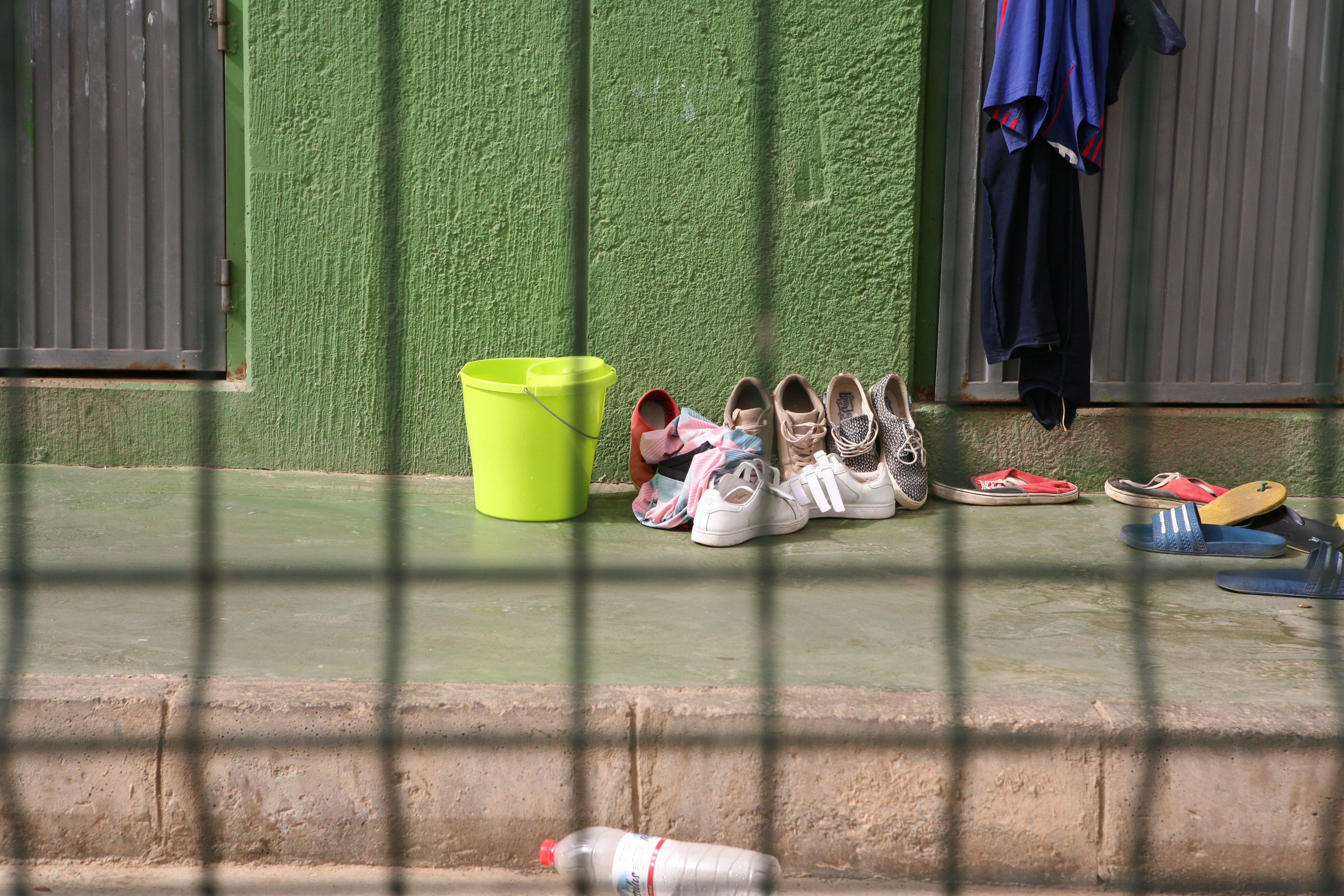
Our inability to address youth migration responsibly and humanely is a global problem. It demands a global solution.
Recognizing the need for an international and intersectional approach, the Fund for Global Human Rights brought together more than 30 migrants’ rights defenders from Sub-Saharan Africa, North Africa, Latin America, Europe, and the United States for a two-day convening in Mexico City on youth and migration. Amid an increasingly challenging global context, the convening offered activists and advocates a remarkable chance to confront the unique issue of protecting child migrants and share learning from around the world.
A different kind of convening
In over 15 years, the Fund has never held a convening quite like this before.
Above all, we specifically centered youth voices. One of the Fund’s central tenets is the belief that the people most affected by human rights abuses are best equipped to develop their own solutions. Dynamic young activists and youth-led groups are doing incredible work supporting children on the move, such as the Democratic Network for Action in Ghana and Otros Dreamers en Acción (Other Dreamers in Action) in Mexico. Although traditional migrants’ rights groups are aware of the unique needs of children, the current crush of overwhelming needs and limited resources means youth voices aren’t always prominent. But it’s more critical than ever that the voices of child migrants be front and center in the debate around policies that affect them. Giving activists of all ages an opportunity to learn from each other is an essential step toward crafting a cohesive, holistic approach to protecting migrant youth.
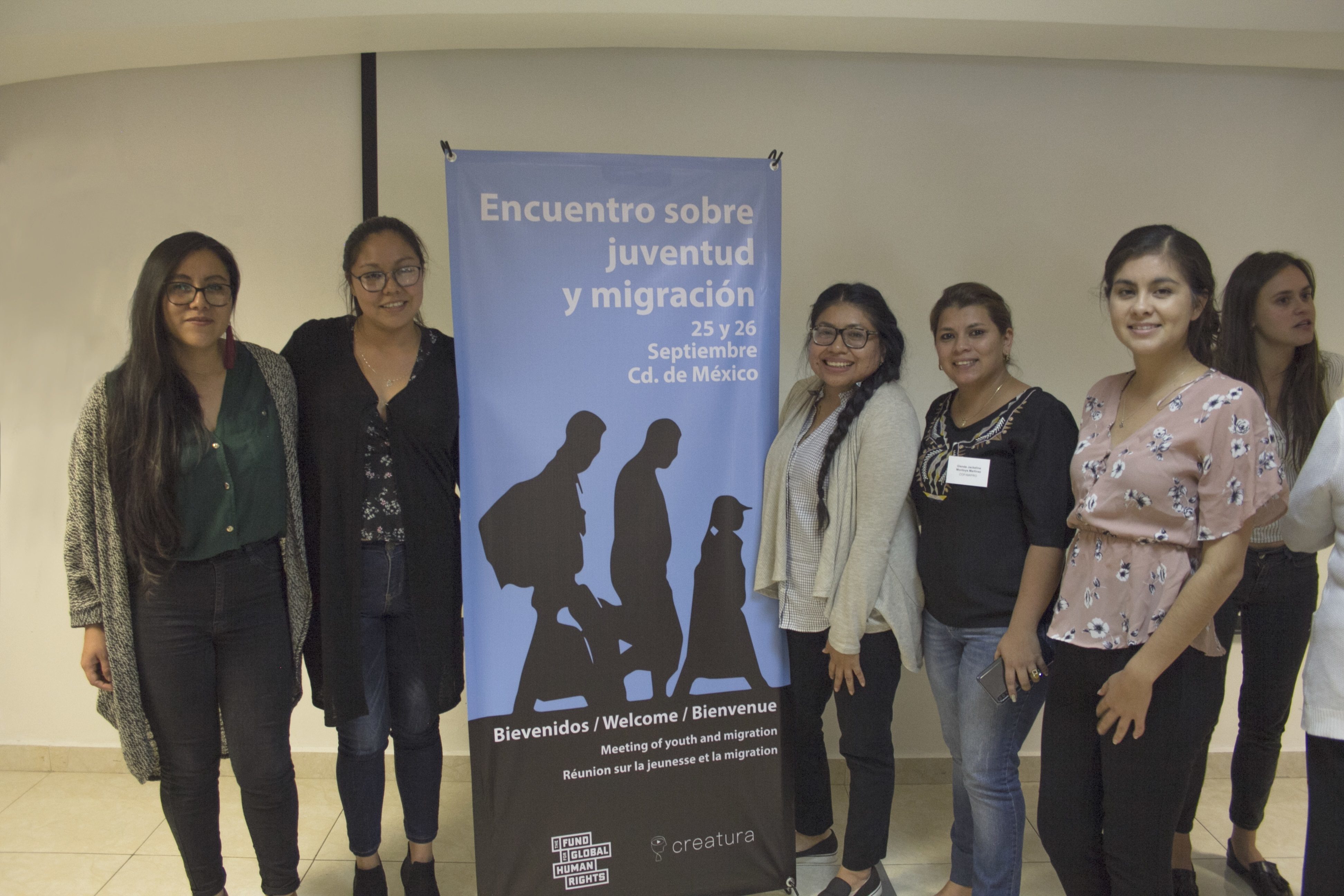
This convening was also a chance for frontline defenders from different regions to come together in solidarity. Participants spanned countries and continents, coming from places as diverse as Mexico, Honduras, Tunisia, Senegal, and the United Kingdom. For many of these groups, it was their first opportunity to learn from peers struggling with similar issues on the other side of the world or even just another region of their own country.
And for the first time, we included activists from groups based in the United States—where we haven’t yet funded human rights work. Participants came from groups that work with and on behalf of child migrants moving through Mexico, including Kids in Need of Defense (KIND) and the Young Center for Immigrant Children’s Rights. These organizations fall outside our usual focus on grassroots defenders but are key members of the migrants’ rights ecosystem.
The power of international solidarity
The Youth and Migration convening exemplified the Fund’s core belief that local human rights groups are uniquely capable of changing the world—including by capitalizing on the right support.
Participants quickly established a strong sense of transregional camaraderie and applied their shared vision of safe migration as a global and interconnected issue. Defenders identified common difficulties—such as limited financial resources, a lack of physical and psychological support for staff and volunteers, and the inability to find time for strategic planning—and discussed innovative solutions. In response to the way governments and other hostile actors have worked together to advance a toxic narrative around migration and attack the human rights of migrants, the activists demanded a stronger, more collaborative response from civil society.
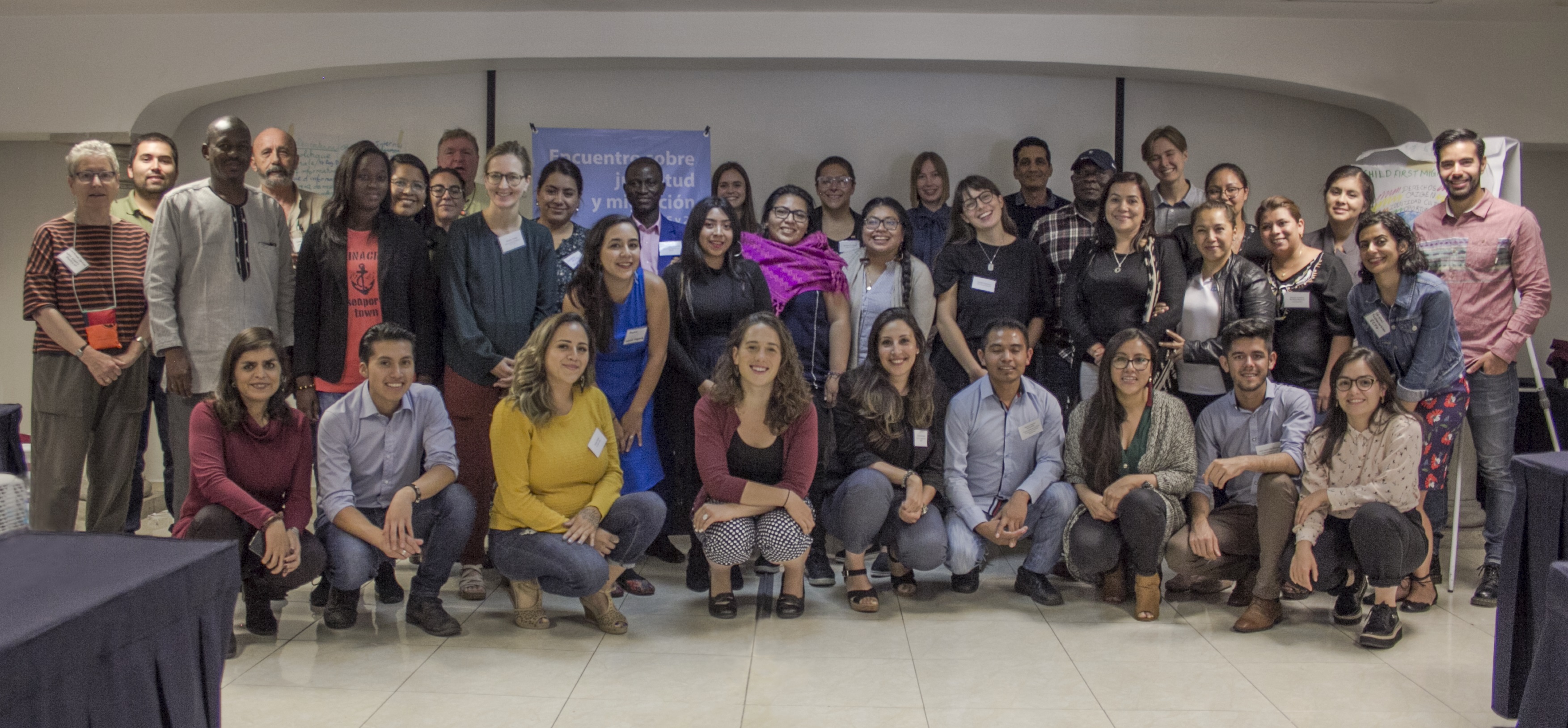
Participants also articulated their specific needs for support from donors—some were expected, while others came as a surprise. Activists called for greater investment in messaging to counter xenophobic narratives that place migrants at risk, an increased willingness by funders to take political positions, and a deepened commitment to the professional development and personal wellbeing of frontline defenders. Additionally, the organizations advocated for innovative ways to measure impact that go beyond quantitative metrics, and they reiterated the need for flexible funding to confront new crises.
As participants shared successful tactics and techniques, it became clear that one common thread was an emphasis on collaboration among groups at local and international levels. Many of the groups expressed interest in additional opportunities for knowledge exchange, highlighting the need to network among migrants’ rights groups. It was a crucial reminder to both activists and migrants that they are not alone.
Migration is one of the defining features of the twenty-first-century world, and safeguarding the human rights of millions of young migrants is a collective responsibility that we must confront. The human rights community has mobilized to defend children before. We recently celebrated the thirtieth anniversary of the Convention on the Rights of the Child, a landmark pledge to protect the inalienable rights of young people. Children on the move deserve the same commitment and dedication.
